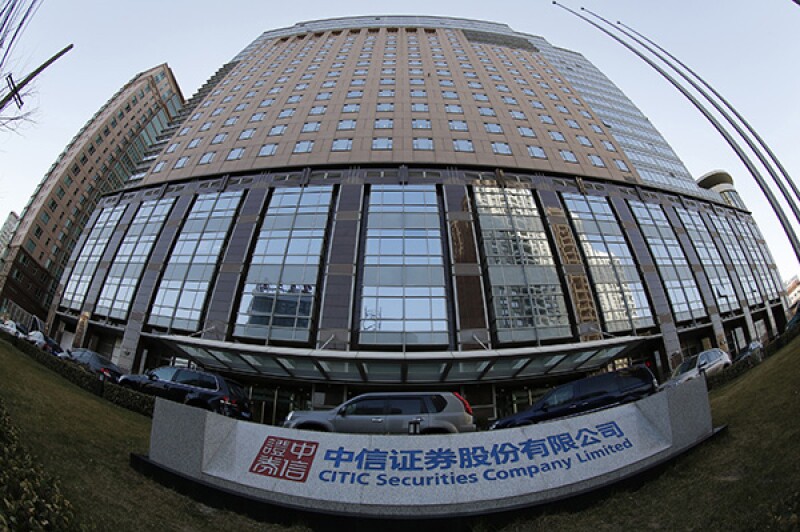
|
Beating the bulge: Citic Securities leads the pack in Asian IB revenue |
Euromoney’s sister company Dealogic released a set of data on Monday confirming what many international bankers in Asia have feared for some time: that they are becoming less relevant and are losing their lunch to local, chiefly Chinese, rivals.
Dealogic concluded that in the year to August 28, global bulge brackets in Asia-Pacific ex-Japan accounted for just 21% of investment banking revenue – the lowest figure on record. Their share has dropped by 19 percentage points during the past 10 years.
Identifying the culprits is easy. The share of investment banking revenue accounted for by Chinese banks is at a record: 54%, or $4.1 billion of the $7.6 billion total.
Last year, Chinese banks took 44% of the pie; a decade ago, just 6%. With eight months of the year complete, the leader in investment banking revenue in the region is not Morgan Stanley or Goldman, not UBS or Credit Suisse, not Citi or HSBC. It is Citic Securities.
If these data were just about league tables, it would not be so significant. China’s bond markets are now of such scale that it is straightforward to gain ranking just through achieving a high number of roles on unexceptional and uneconomic deals.
Revenue
However, this is revenue. This is what the international banks thought they could hang on to. The theory was supposed to be that local players were welcome to the high-volume, low-fee stuff, and to put their balance sheet on the line to win plain vanilla deals, but that international banks – by dint of their superior expertise – would preserve the high-fee stuff of cross-border M&A, landmark IPOs and tricky structured debt.
Well, two things are happening, and they represent a pincer movement. Fees are getting tighter, even on the supposed trophy trades; ask anyone who’s run a major Indian IPO or an advisory mandate on a top-tier Korean chaebol restructuring lately. And local houses have gained scale and confidence in local markets that are increasingly essential to the functioning and financing of the region.
Global bulge brackets are trying a few things to avoid the squeeze; Euromoney looked in detail at Credit Suisse’s idea – bespoke and higher-fee sole-led deals, plus a flow of entrepreneurial business from the private bank – in August.
Equally, they might argue that Chinese bank practices – the entire Chinese domestic banking sector and capital market, in fact – are unsustainable and that leaders there are heading for a fall.
However, the trend is unarguable. Just 21% of the pie represents an all-time low – but it won’t be an all-time low for long.